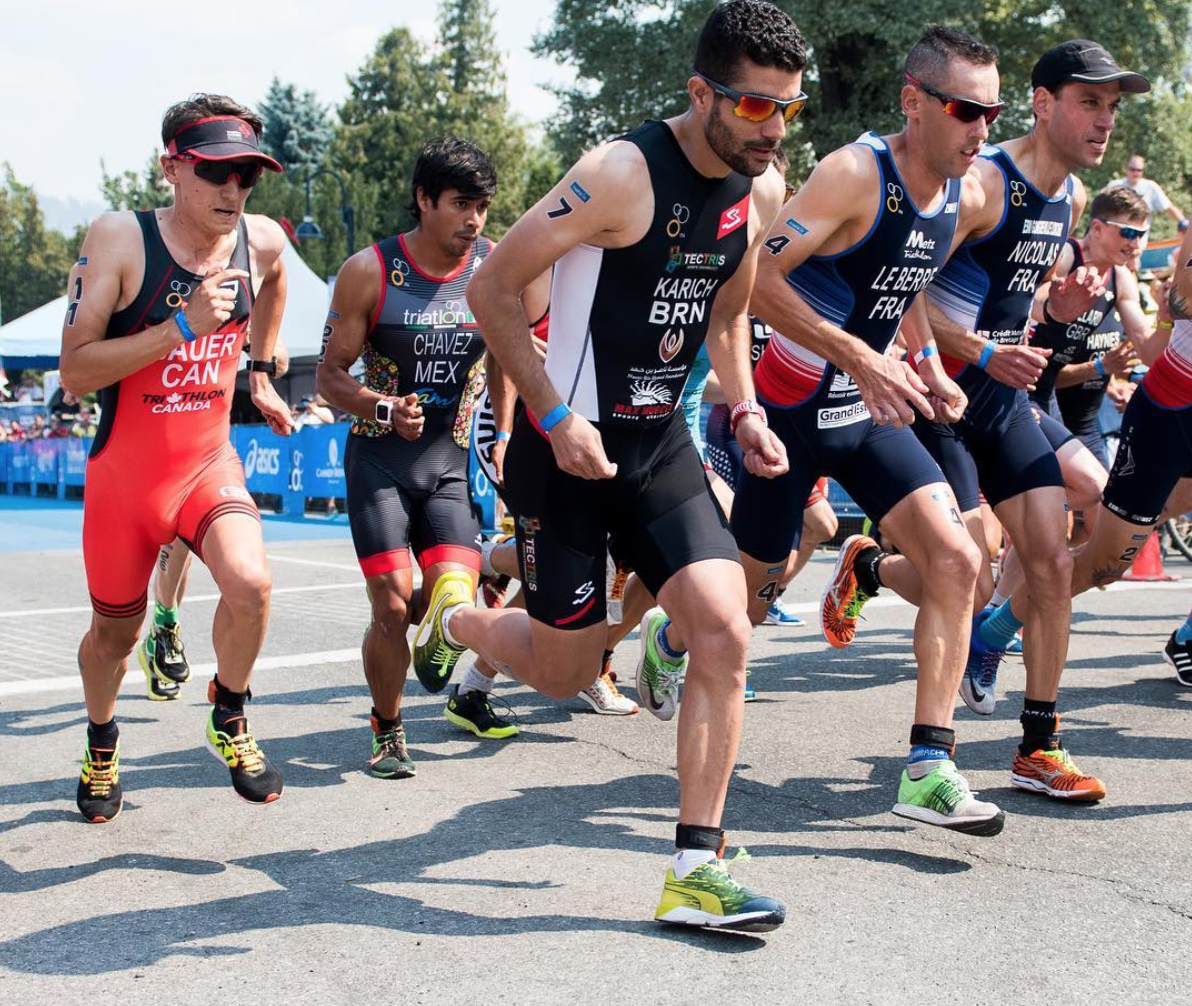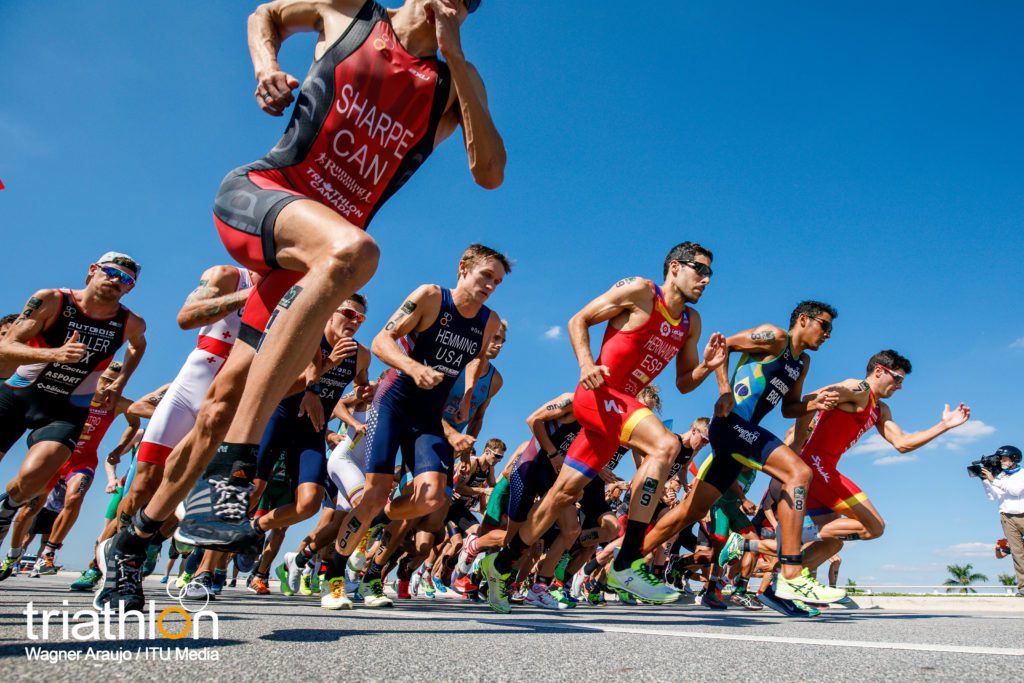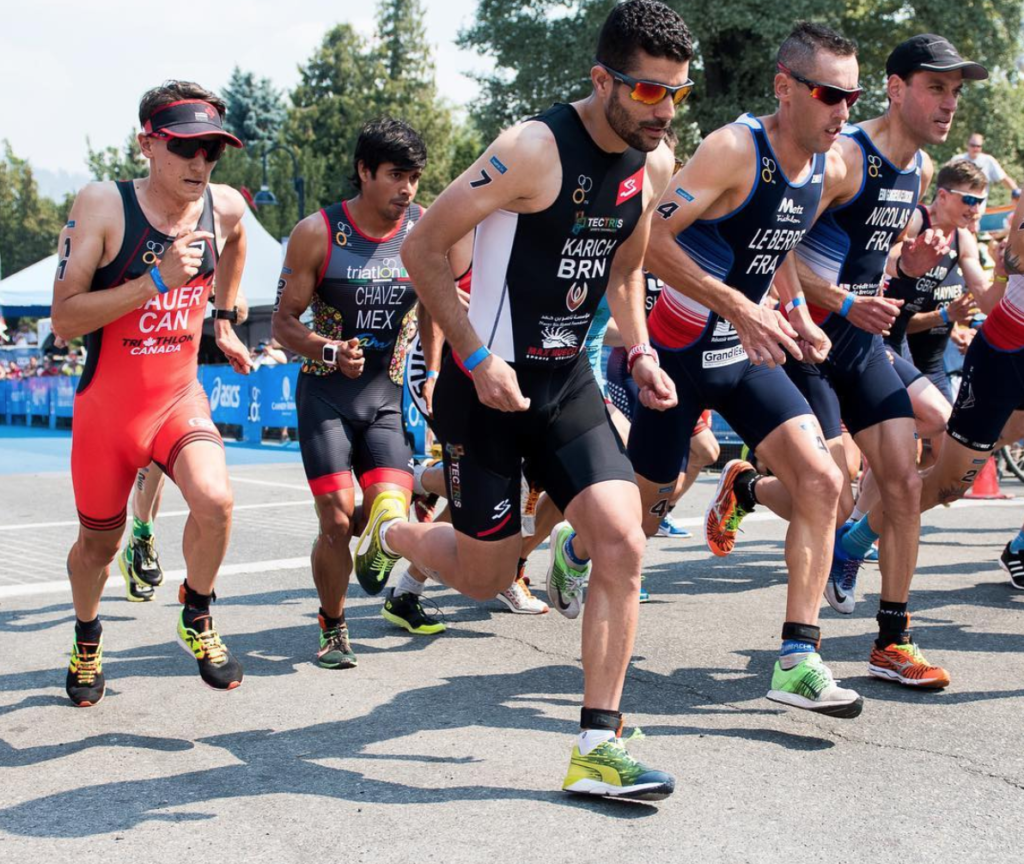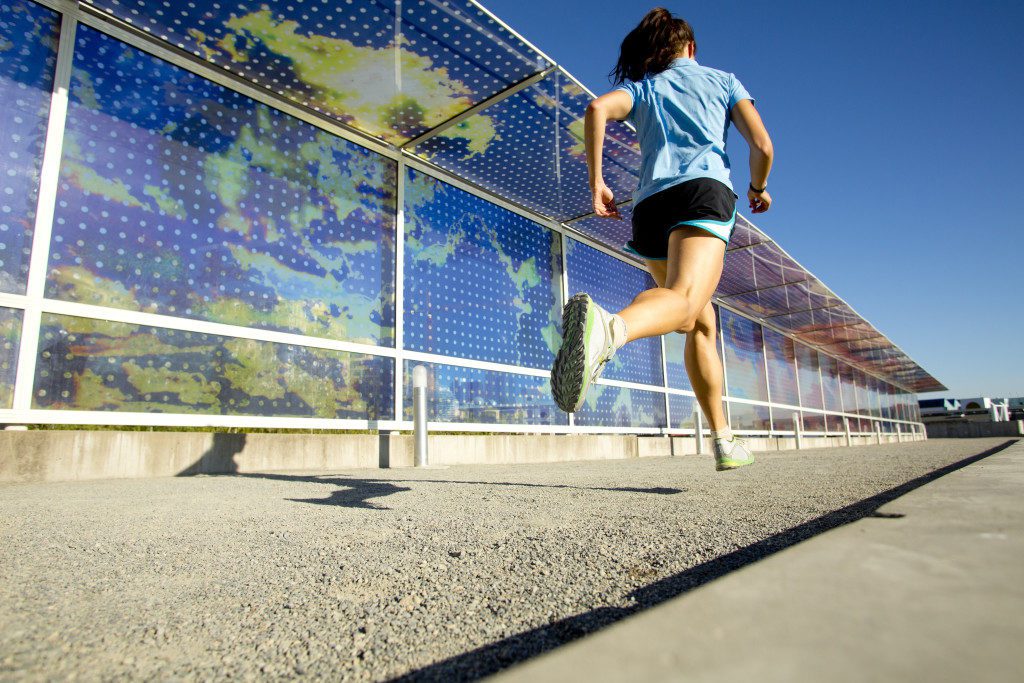Triathlete to duathlete: Why you should do a duathlon
Just because there is no swim, it doesn't mean it's easier than a triathlon. A duathlon may actually be harder and here's why you should do one this season.

In recent years, the multisport scene has become so popular that most events coincide at weekend multisport festivals. Besides a triathlon, there’s the aquabike (no run), aquathlon (no bike), swim-run (multiple segments of the two), cross triathlon (off road) and duathlon (run-bike-run).

The duathlon removes the swim and replaces it with another run. But just because there’s no swim, it doesn’t mean it’s easier than a triathlon. A duathlon may actually be harder.
Related: Duathlete to triathlete: Triathlons are actually easier
So, why should a triathlete do a duathlon?
If swimming is not your strong suit, a duathlon gives you the opportunity to be competitive from the time the gun goes.
“Not a swimmer, but working on it?” says Bauer. “Duathlons are a great way to refine your racing tactics and use your bike/run strength to influence a race.”

Related: How to make the transition: Swimmer to triathlete
By racing an early season duathlon or two, you can focus on increasing your run mileage before the triathlon season.
“Choosing a duathlon allows you to focus on weaknesses,” says Jesse Bauer, a national duathlon champion and advocate for multisport events. “Setting a duathlon as a goal race requires running strength.” With two run segments in a duathlon, you will need to invest more time into the run to become competitive. “Improving a weakness will pay dividends in the tri season,” says Bauer.
Related: Why a runner should try triathlons
Doing a duathlon is a (really, really) tough brick session.
You don’t necessarily have to register for a duathlon to do this, but run-bike-run training sessions are a great way to accumulate fatigue at target race paces on the run. By doing an organized duathlon, you’re able to practice a nutrition plan and race tactics.
The duathlon season can extend your triathlon season. “Prime duathlon season is usually early spring and late fall,” says Bauer. “So, they make a great addition to the start or the end of a season to knock some rust off or achieve an unfulfilled race goal.”

Besides the physical benefits of doing a duathlon, the duathlon community is super tight-knit and offers a very supportive racing environment in comparison to running or cycling races. “I do duathlons for the community,” says Bauer. “When I branched out from running, all the good people in the community embraced me with open arms.”

